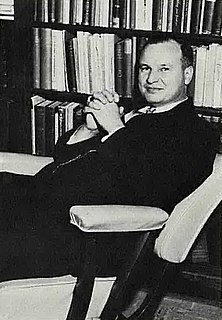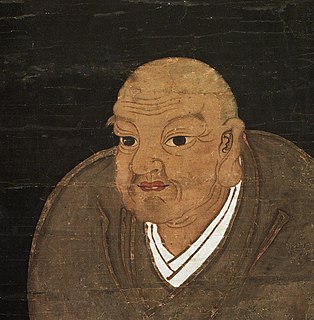A Quote by Roland Allen
Among our own people also the church sorely needs clergy in close touch with the ordinary life of the laity, living the life of ordinary men, sharing their difficulties and understanding their trials by close personal experience.
Related Quotes
The Church, rightly conceived, is the whole covenant people called to serve in the world. The clergy are also part of the laity, and their true function is to help equip the laity to be the Servant People. If they turn aside to rule and to secure their own status, they have betrayed the calling of the special ministry.
I don’t think there is any such thing as an ordinary mortal. Everybody has his own possibility of rapture in the experience of life. All he has to do is recognize it and then cultivate it and get going with it. I always feel uncomfortable when people speak about ordinary mortals because I’ve never met an ordinary man, woman, or child.
[Jesus] matters because of what he brought and what he still brings to ordinary human beings, living their ordinary lives and coping daily with their surroundings. He promises wholeness for their lives. In sharing our weaknesses he gives us strength and and imparts through his companionship a life that has the quality of eternity." (Dallas Willard in Ruthless Trust - Brennan Manning)
The church is only the church when it exists for others. To make a start, it should give away all its property to those in need. The clergy must live solely on the free-will offerings of their congregations, or possibly engage in some secular calling. The church must share in the secular problems of ordinary human life, not dominating, but helping and serving. It must tell men of every calling what it means to live in Christ, to exist for others.
Life as a therapist is a life of service in which we daily transcend our personal wishes and turn our gaze toward the needs and growth of the other. We take pleasure not only in the growth of our patient but also in the ripple effect—the salutary influence our patients have upon those whom they touch in life.



































